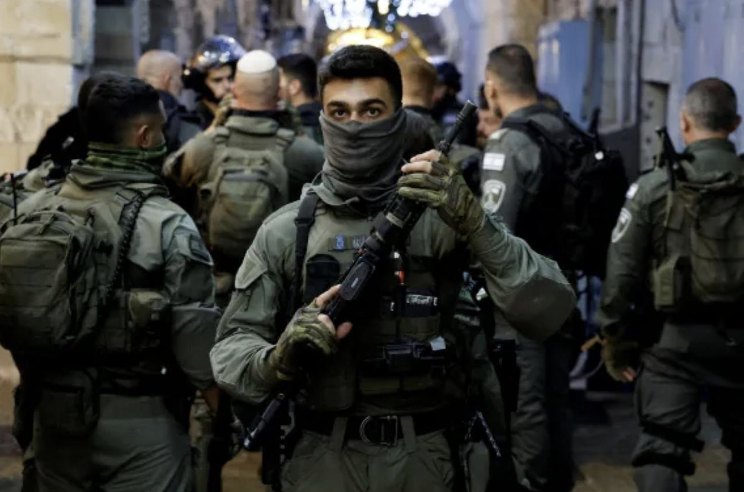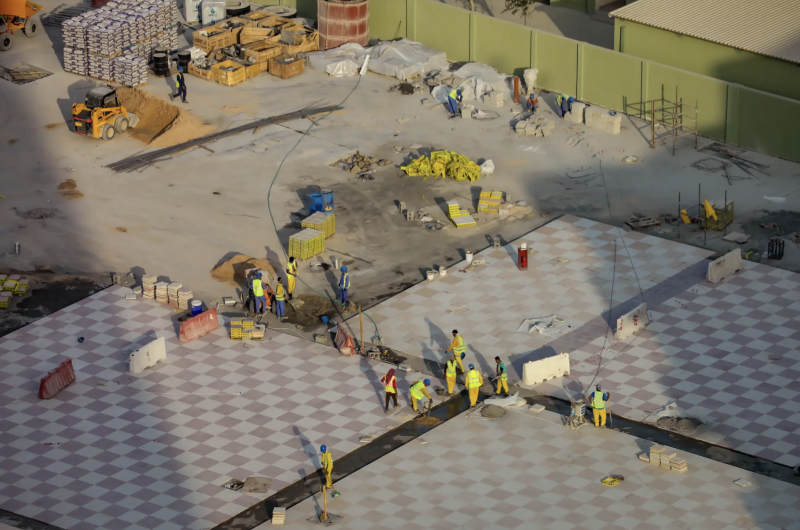By: Darleen Marie Patacchia,
Journal of Global Rights and Organizations Associate Articles Editor
The Hague, Netherlands – On November 16, 2023, with a vote of thirteen to two, the International Court of Justice (ICJ) mandated that the Syrian government “take all measures within its power to prevent acts of torture and other cruel, inhuman or degrading treatment or punishment.” The Court further compelled the Syrian government to safeguard evidence linked to accusations of violations of the international Convention against Torture and Other Cruel, Inhuman or Degrading Treatment or Punishment (Convention). The ICJ’s provisional measure is not a ruling on the merits, but it is the first step towards international legal accountability.
|
|
Under the Convention, which Syria became a party to in 2004, a party state may bring an action erga omnes partes, against any other party to the treaty for a violation. The signatories have a common legal interest to ensure “that acts of torture are prevented and that, if they occur, their authors do not enjoy impunity.”
On June 8, 2023, Canada and the Netherlands brought suit against Syria in the ICJ for violating the Convention. They sought a declaration by the Court that Syria breached its duty to international law under the Convention and requiring Syria to accept responsibility for the violations, to cease ongoing violations, and to provide guarantees the acts will not be repeated. The Syrian government denies all torture allegations despite significant evidence from refugees, nongovernmental organizations (NGOs) and United Nations Observers. The Syrian Network for Human Rights (SNHR) estimated that as of May of 2023, 15,275 civilians had been tortured to death, 154,817 were disappeared or arbitrarily arrested, and over 230,224 were killed.
The ICJ’s ruling marks a significant moment in the pursuit of justice for the thousands of victims of the Syrian government’s “enforced disappearances, abhorrent treatment of detainees, inhumane conditions of detention, [and] other acts committed in order to coerce, punish or terrorize the civilian population, and sexual and gender-based violence.” It came only twenty-four hours after France issued arrest warrants for President Bashar al-Assad, his brother, Maher al-Assad, and two other senior Syrian officials for crimes against humanity and war crimes. The warrants charge the officials with “complicity in the use of banned chemical weapons” against Syrian civilians.
While the International Court of Justice may not have enforcement capability, its decisions are binding and can potentially trigger U.N. Security Council action. International legal condemnation and publicized trial evidence may prompt supporters to distance themselves from the current Syrian government. The progression of the trial could also prove to be a valuable blockade to President Bashar al-Assad’s efforts to normalize international relations with Syria under his regime.
For further information, please see:
Human Rights Watch – World Court Rules Against Syria in Torture Case – 16 Nov. 2023
N.Y. Times – International Court Orders Syria to Stop Torture of Political Opponents – 16 Nov. 2023
Syrian Centre for Media and Freedom of Expression (SCM) – Press Release – 15 Nov. 2023
UN Human Rights | OHCHR – Behind the Data: Recording Civilian Casualties in Syria – 11 May 2023


